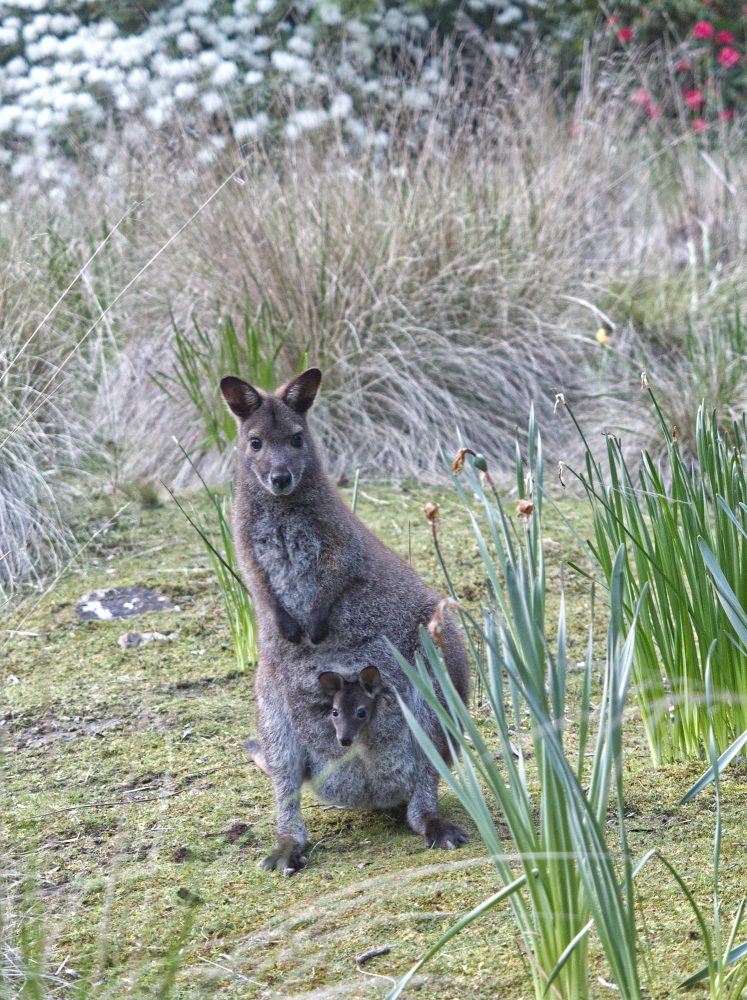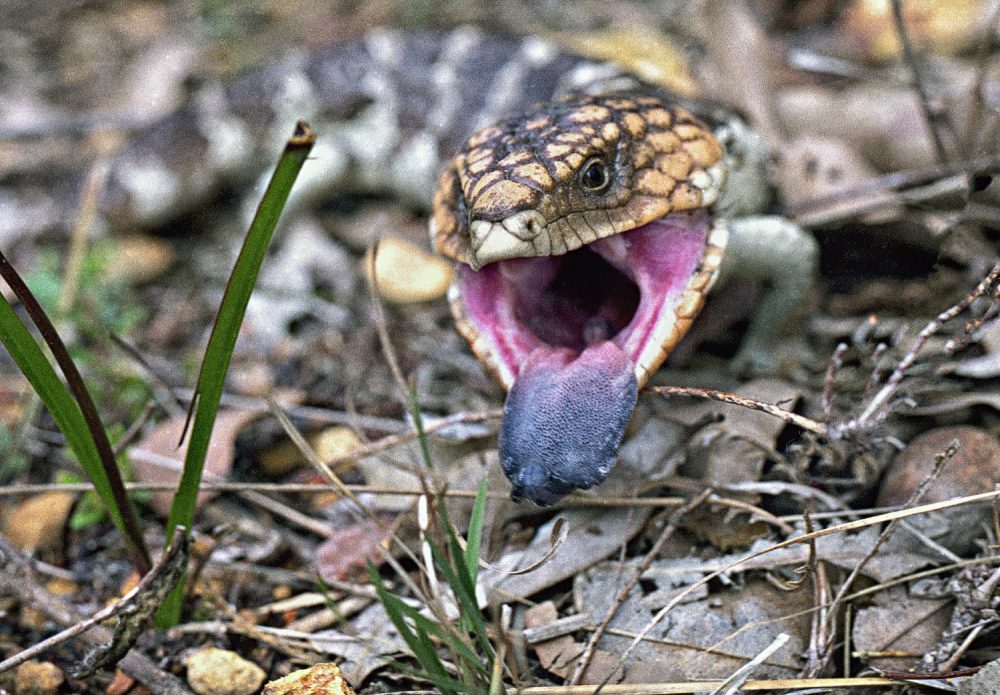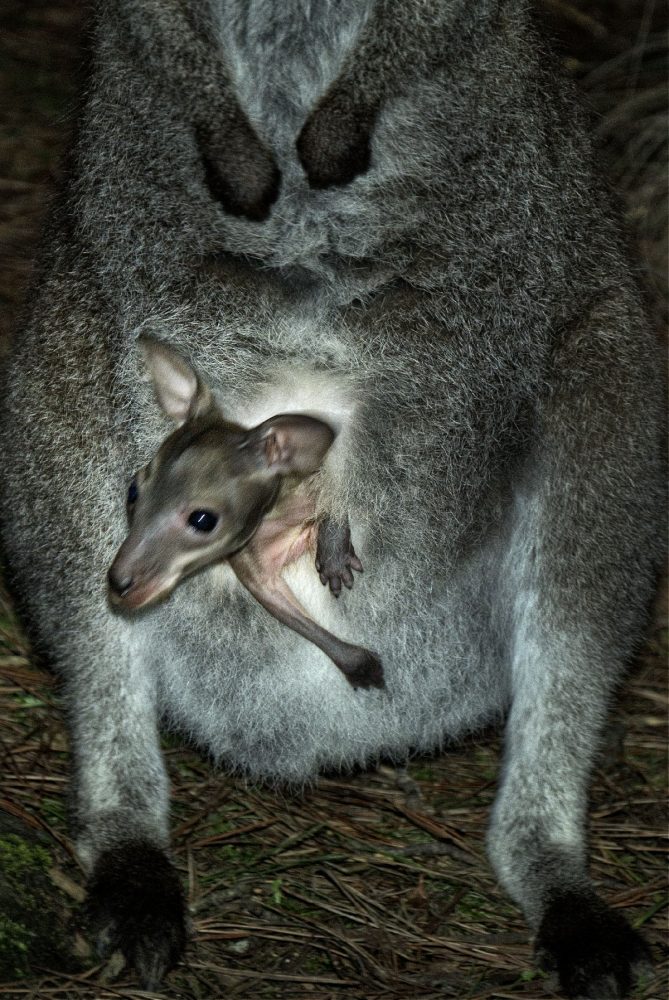
I’m no expert when it comes to Tasmanian wild life but thus far in my gaining of knowledge about the animals that we see every night on our walk through the Cataract Gorge I often see the same wallabies pademelons and possums. We stop and observe and many of the wallabies and possums in particular seem to remember us. Often if we stand very still they come very close and have a sniff to just to check us out. It’s a funny thing but it is a very satisfying feeling to recognise and be recognised by an absolutely wild creature.



